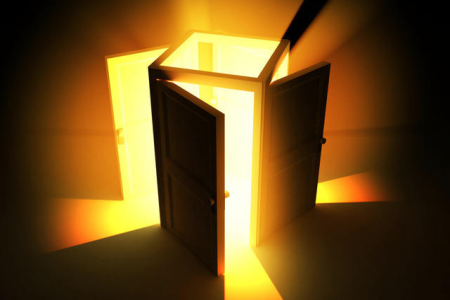How Kabbalah Was Kept Secret Up Until the Renaissance
In tune with the shifts that took place at the onset of the Renaissance, Kabbalists began to remove the veil from the wisdom of Kabbalah, or at least to speak in favor of removing it. Since the writing of The Book of Zohar, Kabbalists have set up various obstacles before those who wished to study. It began with Rashbi’s concealment of The Zohar and continued with declaring all sorts of prerequisites that one had to meet before receiving permission to study. The Mishnah, for instance, gives the apparently paradoxical instruction to avoid teaching Kabbalah to students who are not already wise and understand with their own mind, but the text does not specify how is one to come by wisdom if one is not permitted to study.
In the Babylonian Talmud, there is a well known allegory about four men who went into a PARDES (an acronym for all forms of spiritual study—Peshat (literal), Remez (Implied), Derush (interpretations), and the highest level being Sod, Kabbalah). Of the four, one died, one lost his sanity, one became heretical, and only one, Rabbi Akiva, who was a giant among Kabbalists—entered in peace and departed in peace. There are other deeper and more accurate explanations to this allegory, but the story was nonetheless used to intimidate and deter people from studying Kabbalah.
Another prerequisite that Kabbalists set up was to “fill one’s belly with” (be proficient in) Mishnah and Gemarah before one approaches the study of Kabbalah. To justify that condition, they cited the Babylonian Talmud, which warns that one must spend a third of one’s life studying the Bible, another third studying Mishnah, and the remaining third studying The Talmud.
This, of course, leaves no time to study Kabbalah, so when the time came for Kabbalists to permit the study, they had to “make room” in the day for the study of Kabbalah. Thus, Kabbalists such as Tzvi Hirsh of Zidichov, “detoured” the prohibition by declaring that every day, one must “fill one’s belly with” Mishnah and Gemarah, and then study Kabbalah.
Continue reading “The Conclusion of the Renaissance Ends the Concealment of Kabbalah”
